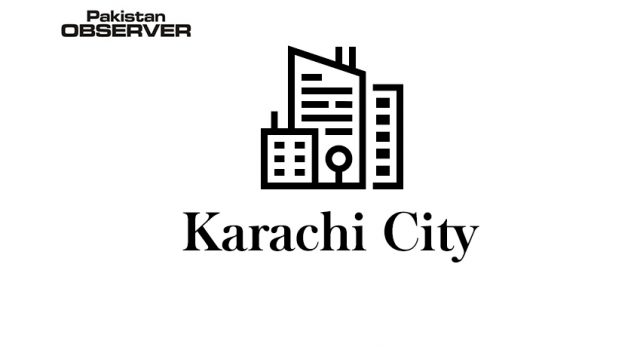The Vice Chancellor of Sindh Agriculture University Tando Jam Dr. Fateh Marri has said emphasized the need of comprehensive study regarding the sustainability of projects with future concerns prior to their implementation for the development of the institution.
The Vice Chancellor emphasized this on Saturday while addressing the concluding ceremony of the three-days capacity-building training workshop on the preparation of the resettlement action plan. The training workshop was organized by Sindh Agriculture University (SAU), Tando Jam in collaboration with Project Coordination and Monitoring Unit, Sindh Planning and Development department under “Institutional Strengthening of Project Coordination and Monitoring Unit (PCMU)” for Water-related policies and practices, focusing Sindh Water and Agriculture Transformation (SWAT) Project. During the workshop, the management heads and experts from various departments imparted training about water related policies and practices for the Sindh Water and Agriculture Transformation Project. Dr. Fateh Marri guided the participants that while initiating any project, the idea must be comprehensive with focus on certain positive results of the said plan so that the society has to bring changes positively. Whatever Standard Operating Procedures (SOPs) have been set, it should be mandatory to follow, he said and added that the infrastructure destroyed due to flood in Sindh should be rehabilitated keeping in mind the probability of disasters.
The World Bank’s Senior Social Development Specialist of the World Bank Imran-ul-Haq while delivering his online speech informed that the “World Bank was considering all projects especially the plans of water-related issues in Pakistan” particularly in Sindh and authorities are keen to rehabilitate agriculture and re-invigorate infrastructure.
In this regard, the World Bank was fulfilling its responsibility in collaboration with all provincial institutions,” he informed. The General Manager of SIDA Ghulam Mustafa Ujjan said that there were many issues related to water in Sindh and SIDA was working together with the institutions concerned. This training would also improve the quality of work at the institutional level, he hoped.










